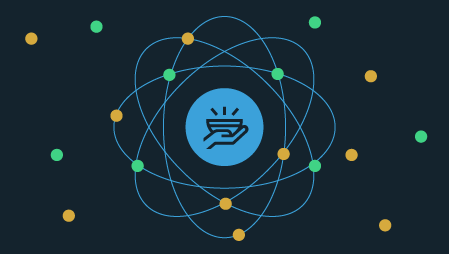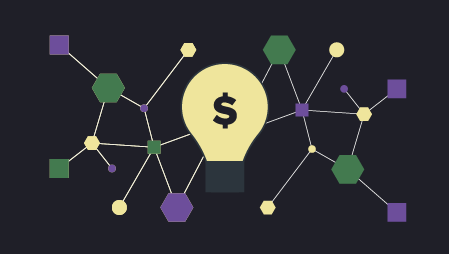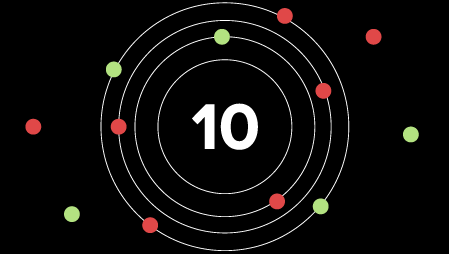Need training for Internet of Things? Browse courses developed by industry thought leaders and Experfy in Harvard Innovation Lab.
The Internet of Things is about a world in which physical objects ranging from gas turbines to mobile phones and television sets are connected to the Internet. That connectivity imbues these devices with intelligence and enables them to collaborate with each other and with people to adapt to the contexts in which we live, work, and play. It will also enable them to gather incredibly valuable data that can be monetized in any number of profitable ways. It is because of this that firms like GE, Samsung, Google, Siemens, Apple and Hitachi no longer see themselves as just technology firms but also as data firms.
The market opportunity is immense. By 2020, it has been estimated that the Internet of Things will consist of some 50 billion objects and the global IOT market will triple to $1.7 trillion according to International Data Corp. Devices, connectivity and IT services are estimated to comprise two-thirds of the IOT market in 2020 and the beachhead market for all three areas is your home. Apple with its revamped AppleTV and Google with its acquisition of Nest Labs, a home automation company that designs and makes programmable thermostats, are at the forefront of the competition to create an operation system for the home that will connect all of your household devices. Wearables such as the Apple Watch bring another layer of data into the IOT marketplace as it interfaces with our bodies to provide biometric information about what we want and need at a particular point and time.
GE with its vision of an Industrial Internet has focussed on doing the same for the much more capital-intensive activities intrinsic to factories, transportation, energy systems and urban infrastructure. The company has developed Predix, a cloud-based Industrial Internet platform, designed to provide standardization and security for the connection of machines, industrial Big Data and the people who make the decisions about them. The platform has already attracted AT&T, Cisco and Intel as partners and is growing in both popularity and strategic importance as it generated $1 billion in revenue as early as 2014. The company is so bullish on the Internet of Things that it is selling off large chunks of GE Capital and its consumer electronics business to focus on the Industrial Internet, which leverages its considerable expertise in industrial technology. According to GE CEO Jeff Immelt: “We are developing more predictive solutions and equipping our products with sensors that constantly measure performance so our customers see major productivity gains and minimize no unplanned downtime. Observing, predicting and changing this performance is how the Industrial Internet will help airlines, railroads and power plants operate at peak efficiency."
While the opportunities are immense both for corporations and the businesses and consumers that they seek to serve, there are dangers as well. Privacy is a big concern. All of this information that is being gathered from everyday devices can paint a detailed picture of our lives that could be used not only to serve us but against us if it is placed in the wrong hands. In addition, ubiquitous and incessant Internet connectivity can be physically dangerous as it is increasingly evident that the microwave radiation intrinsic to near field communication devices such as cell phones can cause cancer. There is a reason why it is unwise to carry a cellphone too close to one’s body or to use one without a headset.
Will the Internet of Things usher in a utopian Star Trek-like future or a dystopian Terminator-like one? It is up to us to decide.
To learn more about the Internet of Things, see Experfy's Internet of Things Training offering.



